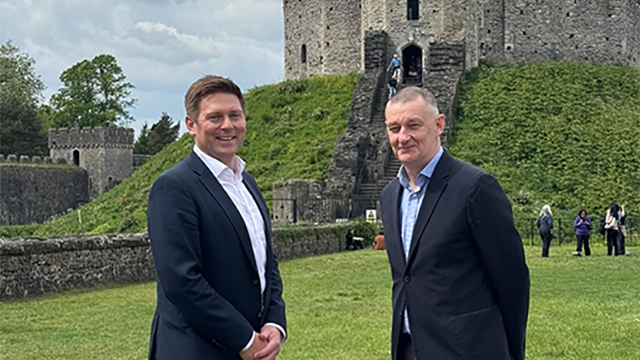Tenancy — Parol agreement — Plaintiff landlord entering and occupying one bedroom — Whether breach of quiet enjoyment — Whether reduction of rent — Claim by landlord for possession for rent arrears — Tenant a bankrupt — Tenant’s counterclaim dismissed — Whether counterclaim can be made by undischarged bankrupt — Appeal by tenant allowed
In or about March 1985 Mr Hobbs, the plaintiff’s predecessor in title, granted the defendant a tenancy in respect of 17 Elder Way, North Holmwood, Dorking, Surrey. According to Mr Hobbs the defendant had a tenancy of one bedroom and the use of other rooms; the defendant believed he had a tenancy of the whole subject to Mr Hobbs being able to return to live. A reduction of rent would then have applied. In February 1987 the plaintiff acquired the freehold of the premises and in October 1988, shortly before the expiration of a notice to quit given to the defendant, she moved into the premises and thereafter lived in one bedroom. She changed the locks.
The plaintiff commenced proceedings for possession against the defendant under Case 1, Schedule 15 to the Rent Act 1977 on the ground of the non-payment of rent. A money judgment was not sought because of the defendant’s bankruptcy. His Honour Judge Mildon QC in the Reigate County Court (April 26 1990) made an order for immediate possession and dismissed the defendant’s counterclaim for breach of quiet enjoyment, damages and a reduction in rent as he was an undischarged bankrupt. The defendant appealed.
Held The appeal was allowed without the defendant being called upon.
It was not reasonable to make the order of possession. If the plaintiff’s occupation of part of the premises was unlawful the defendant had a substantial claim for damages. If the defendant accepted the occupation, there was still a question of the reduction of the rent. The trial judge had erred in dismissing the counterclaim on the erroneous view that the claim could only be made by the defendant’s receiver and not by the defendant. The claim was a personal action, which the defendant was entitled to make.
The appellant defendant appeared in person; and Gordon Murdoch (instructed by Bowles & Co, of Epsom) appeared for the respondent.









